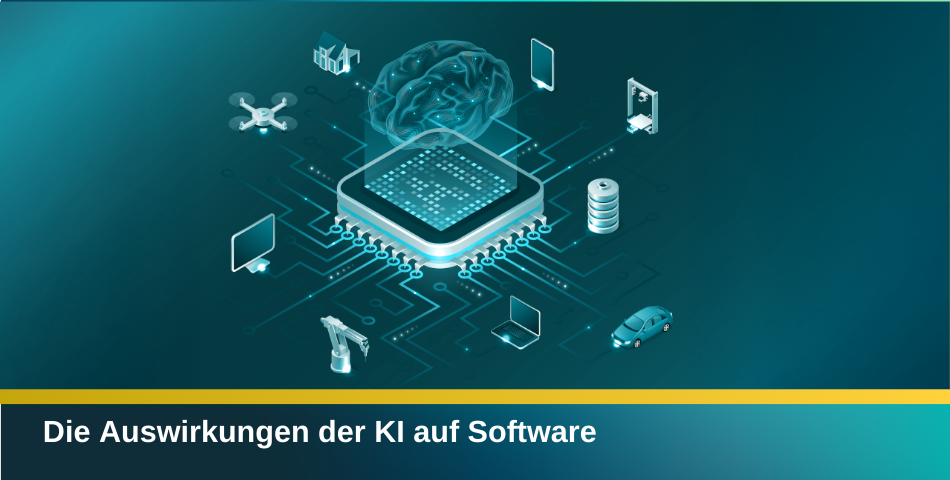With the rapid advances of the digital age, artificial intelligence (AI) technology is bringing profound changes to the world of software development and design. These changes make processes more efficient while simultaneously helping to take creativity to new levels. To better understand the impact and opportunities of AI in these two areas, let’s take a closer look.
AI in software development: From coding to testing
One of AI’s greatest contributions to software development is the automation and acceleration of coding processes. Traditional software development processes are often lengthy and error-prone. However, AI-powered tools help developers code faster and more accurately. For example, GitHub Copilot uses natural language processing (NLP) techniques to understand developers‘ written commands and suggest appropriate code snippets. This accelerates the learning process, especially for beginners, while allowing experienced developers to focus on more complex projects.
AI is also revolutionizing software testing processes. Traditional testing often requires manual intervention and is time-consuming. AI-powered testing tools, on the other hand, create automated test scenarios, allowing software to be brought to market faster and more reliably. Tools like Testim.io analyze user behavior and create automated test scenarios based on this data. This allows software development teams to focus on more creative projects.
AI in Design: The New Dimension of Creativity
In the design field, AI is significantly impacting user experience (UX) and user interface (UI) design. AI helps designers analyze user behavior and make more effective design decisions based on that data. Adobe Sensei, for example, uses AI to accelerate design processes. This tool reduces designers‘ workload and allows them more creative freedom.
AI is also being used to create personalized user experiences. Airbnb, for example, analyzes users‘ preferences to provide personalized accommodation suggestions. Such applications improve responsiveness to user needs and increase customer satisfaction.
The contribution of AI to creative processes
AI is transforming not only technical but also creative processes. AI-powered design tools help designers develop new and innovative ideas. Platforms like Canva offer automatic design suggestions using AI. This enables designers to work faster and more effectively while also fostering creativity.
In addition, AI is also being applied in creative fields such as art and music. AI algorithms can compose new pieces of music or create works of art. This enables creative professionals to expand their boundaries and develop new forms of expression.
The future role of AI and ethical challenges
The impact of AI on software development and design will be even more profound in the future. Advancing AI technologies will offer more complex and tailored solutions and further personalize the user experience. However, caution is needed, as the opportunities this technology presents also raise ethical and data protection concerns.
Today, many AI models are available for free or at low cost. However, in a future where our dependence on AI increases, the cost of these services could rise. This could lead to the atrophy of some of our skills, so we should be more cautious. In the business world in particular, companies may prefer to hire less qualified employees at lower salaries due to the convenience offered by AI. This could lead to higher-skilled individuals being discriminated against due to high salary demands.
In particular, data security and the impartiality of AI algorithms pose a significant challenge for software developers and designers. The ethical use of AI is crucial for the sustainable and fair development of this technology.
Conclusion
AI is bringing profound changes to the world of software development and design. It is accelerating development processes and offering personalized and effective solutions in the design field. However, the opportunities this technology offers also raise ethical and data protection concerns. The future role of AI will challenge the boundaries of technology and redefine the balance between human creativity and technology. The new possibilities offered by AI open up an exciting future for developers and designers.

